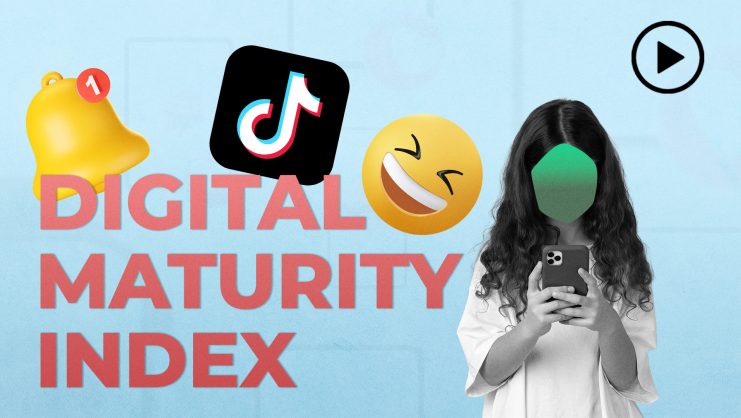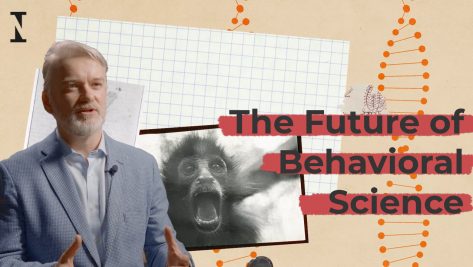In addition to experience, knowledge, intelligence and creativity, leading a change process requires a capacity for self-observation, to be mindful of and manage emotions. It is impossible to separate the personal and professional dimensions.
It is likewise necessary to distinguish between change and transformation. While change simply happens, transformation requires a conscious will to evolve, an invariably complicated process at an organization. It entails a reflective effort involving people with different degrees of responsibility and impact.
A variety of factors can stymie a transformation process, such as inherited personal and organizational narratives. The key lies not in pushing these obstacles away or trying to eliminate them, but rather in identifying them. To manage and lead change, we must be mindful not of the final outcome, but the process. This can call for a paradigm shift at organizations, which are usually highly results-oriented. On this path, it is dialogue that will enable the transformation, allow us to reach the finish line without pushing or suffering.
Identifying Obstacles
The unconscious obstacles, stumbling blocks, barriers or points of resistance are different at every level. In the planning stage, we must be aware of the benefits to be gained, as well as the small sacrifices to be made, the things that will need to be left behind. Change is not easy; it requires mindfulness, transformation, determination and conversations at all levels. Becoming more mindful involves responsibility and shining a light; there can be no room for self-deception. Likewise, when effecting a change, it is essential not to judge; when we are convinced of our present, we must honor our past.
Given this reality, it is important to move forward with a process of personal development, because we are people, not job titles. Working on our emotional intelligence is thus not only legitimate, but critical. We need to be mindful of our shadows and not allow ourselves to be governed by our egos.
To manage and lead change, we must be mindful of the process, which can call for a paradigm shift at organizations.
The Ego Structure
Another aspect to take into account is the ego structure. People talk of annihilating it, but it is better to settle for managing it and getting along. The ego’s guardians are the feelings of emptiness, fear, and loneliness. People are strong and weak, submissive and aggressive, proud and humble, both sides of the coin. However, we value one side and deny or prosecute the other, based on subtle familial and social differences. Every one of us builds a “shell” that allows us to get ahead, to show ourselves to the rest of the world, hiding those aspects we believe are unlikeable or negative. Only, in reality, the more bricks we lay to avoid the outside world, the more we lose ourselves, even as we cease to know who we are. We must therefore learn to know and listen, skills that can later be used both to manipulate and to influence, because the tools are the same.
The reality is that personal work allows us to understand the other better. It is not focused on changing externally, but on how, as individuals, we manage that external facet from within, without renouncing who we are. It is also important to strike the right balance between giving and receiving. Life is a constant “give and take,” and an imbalance can weaken the system.
It is not a matter of viewing the other as an enemy, but rather of knowing certain keys that will allow us to free ourselves from his or her impact and control. The first is not to feel offended, because anyone able to upset us controls us and, therefore, has the power. It is worth look into why a certain type of person is able to upset us. Another key is to curb the need to win, because that will not always be possible. This does not mean shying away from challenges, but rather understanding that life is not an unbroken string of perfect tens. Equally essential is not needing always to be right. We cannot systematically assume that it is the other person who is wrong. We need to commit to allotting time to listening and to putting ourselves in the other person’s shoes. Finally, it is key not to succumb to the temptation to feel superior, confusing position and person, and to avoid the need to always have more, confusing aspirations with unchecked ambition. The goal is not just to win and get results, but rather to be better and to be as mindful as possible of both our professional and personal selves.
© IE Insights.











